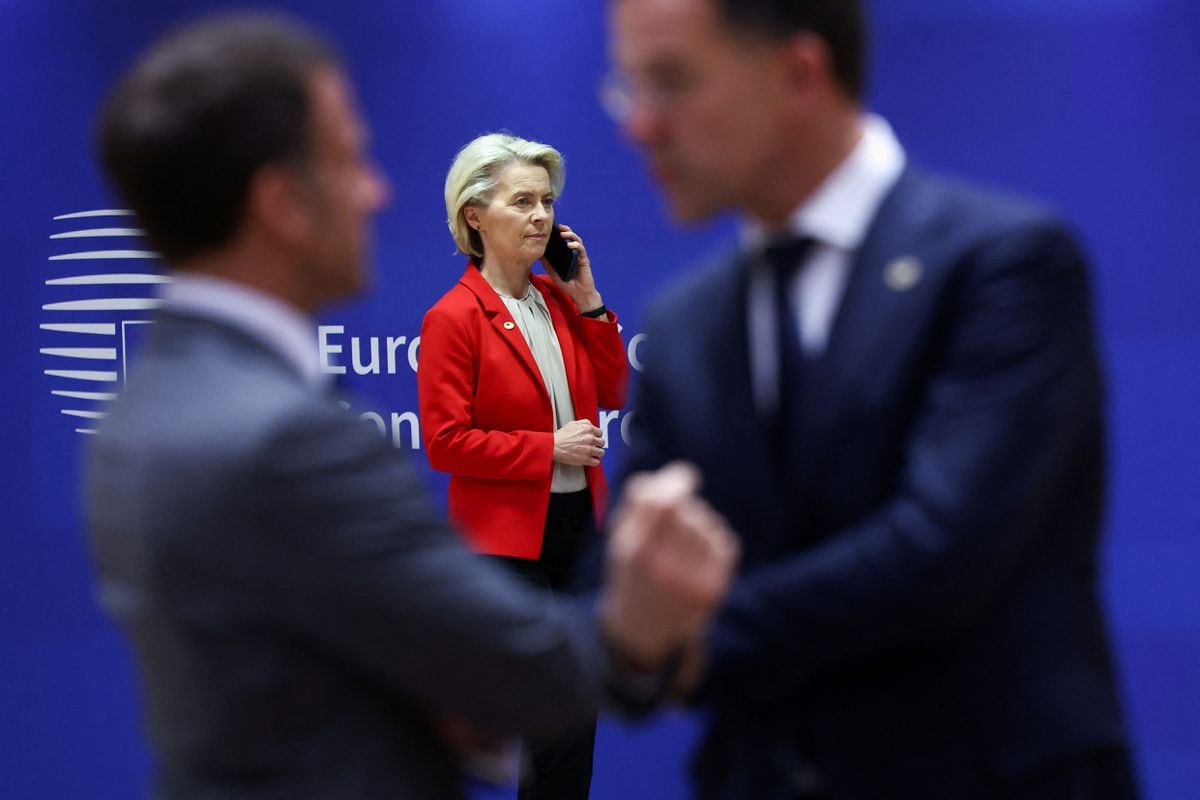An extraordinary meeting of European Union heads of State and Government took place in Brussels on Wednesday. Originally planned to focus on the economy, the volatile international situation, particularly concerns about escalating violence after Iran’s recent attack on Israel, changed the agenda. Discussions revolved around extending sanctions on Tehran, with calls for restraint from Israel to avoid further escalation.
Germany, a strong ally of Israel in the EU, emphasized the need for Israel to avoid retaliatory attacks that could hinder de-escalation. Other European leaders, including the Austrian Chancellor, echoed these sentiments, emphasizing the importance of preventing the conflict from spreading to the region.
The EU condemned Iran’s attack and called for maximum restraint from all parties involved. Discussions also centered on imposing additional sanctions on Iran, specifically related to drones and missiles, to contribute to de-escalation in the region. The possibility of recognizing Palestine as a State was also discussed, with Spanish Prime Minister Pedro Sánchez leading the initiative. The EU was set to assess other countries’ willingness to support this proposal, with Ireland expressing support for recognition as part of a two-state solution.
The meeting in Brussels also addressed technical issues related to security and legal measures, such as declaring the Iranian Revolutionary Guard a “terrorist organization.” Discussions will continue to explore further actions to stabilize the situation in the region and prevent further violence.
During an extraordinary meeting held in Brussels on Wednesday evening, heads of state and government from across Europe gathered together to discuss pressing issues affecting their continent.
Originally slated for talks about economic growth and regional stability, tensions between Iran and Israel caused discussions about international relations in Europe.
With concerns mounting over escalating violence following Tehran’s recent attack on Jerusalem’s military targets,
leaders focused their attention towards extending sanctions against Iran.
Germany emerged as a key player during these negotiations due to its close ties with both Israel and Iran within Europe.
Emphasizing caution against retaliatory strikes by Israel that could exacerbate tensions between countries involved,
German leaders urged others not only Germany but also Austria’s chancellor echoed these views.
Condemning Tehran’s aggression towards Jerusalem while encouraging restraint among all parties involved were statements made by various EU officials at this gathering.
In addition to sanctions discussion centered around imposing further restrictions targeting drones and missiles owned by Iran which would help ease tensions in neighboring states.
